An orphaned black bear cub has been relocated from Vancouver Island’s Gold River community to a rehabilitation centre for care until it’s ready to return to the wild — thanks to the power of social media and the willingness of several people to help.
The small cub was seen wandering a quiet neighbourhood for several days, without any sign of a mother. It then spent several nights in the backyard of resident Kim Sevinski, who was alerted to its presence by her son.
“He said, ‘mom, there’s a bear cub sitting by the house,’” said Sevinski. “I came out and looked, and at first I thought it was a border collie, because it was black with a white patch on its chest, and it was snowing hard.”
After not seeing any sign of its mother, Sevinski raised the alarm on social media that it might be orphaned and needing help.
Rising to the occasion was Kelly Chartier, a volunteer with Wild Wise, a B.C. organization devoted to reducing conflict between humans and wildlife. Over several days, Chartier coached Sevinski about what to look for and how to respond.
“She said there was definitely no mom and it sounded like it had been there for a day or so before that,” said Chartier. “So I’m thinking, this poor little bear, if it’s on its own it has no food — and to top it off, it was snowing, so even if there wasn’t any fruit or anything for it to forage, it was not going to get anything.”
READ MORE: Wildlife society returns rehabbed BC bears to the wild
Because Gold River uses wildlife-resistant garbage bins, the bear had not been foraging on anyone’s trash. This meant it was not growing habituated, a disastrous outcome for many bears, she said.
The pair called the BC Conservation Officer Services on Dec. 17 — and kept a close watch on the cub.
“No mom showed up, and this little cub spent the night burrowing in beside their shed — they said it was shivering,” said Chartier. “I don’t think (the cub) or I slept that night.”
On Dec. 19, the conservation officers arrived in Gold River to respond.
“The bear was still wandering around — it just stayed in that little neighbourhood for a few days,” said Chartier. “It had treed itself, which was a good sign because it shows it’s strong enough to run, and it was still afraid of people, which is even better.”
READ MORE: Canadian doc ‘Nature’s Big Year’ shows how wildlife has adapted during the pandemic
The conservation officers assessed the cub, tranquilized it, and then transported it to the North Island Wildlife Recovery Centre in Errington, outside Parksville, where it’s now being cared for — carefully, with minimal human interaction so it can be released back into the wild one day.
This video from the centre shares how they care for cubs during rehabilitation:
Chartier encourages people to not hesitate notifying authorities should they see wildlife that might be in trouble.
“We need people to know that it’s okay to call out and be an advocate for wildlife,” she said.
Observing and taking pictures from a safe and respectful distance helps too.
“That can help conservation and the wildlife rescue centres see what they need to make decisions — if they can see trauma or what appears to be trauma, then that helps them prioritize where they need to go.”
For Sevinski, helping to rescue the cub was a rewarding experience.
“It’s an amazing feeling — the best Christmas gift ever,” she said.
READ MORE: WATCH: Kodiak cubs teach bear safety at Innisfail wildlife park
***
Plan your adventures throughout the West Coast at westcoasttraveller.com and follow us on Facebook and Instagram @thewestcoasttraveller. And for the top West Coast Travel stories of the week delivered right to your inbox, sign up for our weekly Armchair Traveller newsletter!

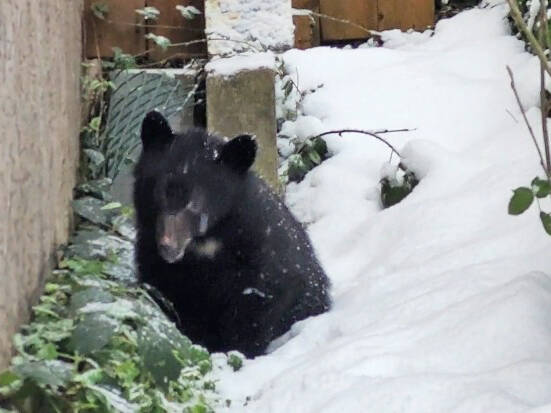

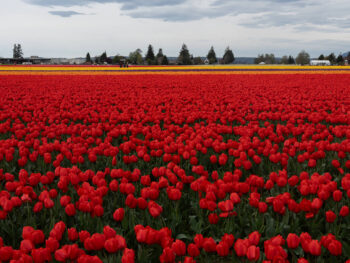

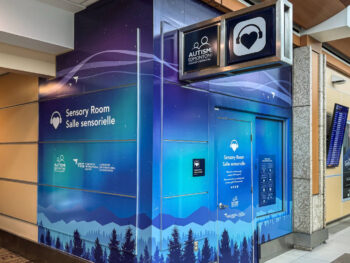
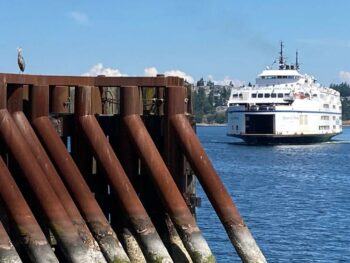
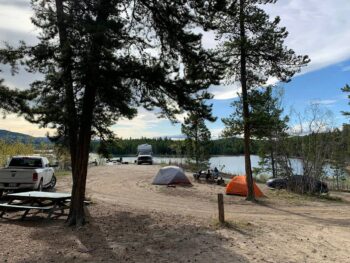
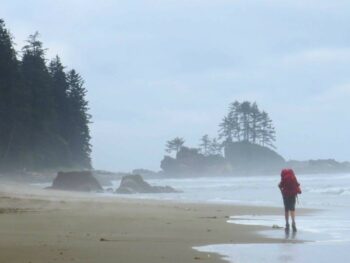
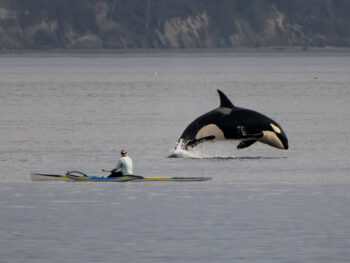
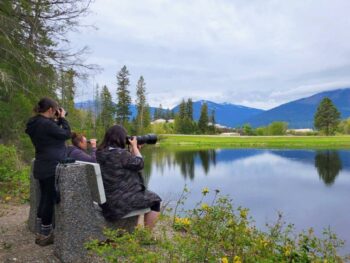
 Hunting guides turn to ecotourism as COVID-19 keeps American hunters away
Hunting guides turn to ecotourism as COVID-19 keeps American hunters away